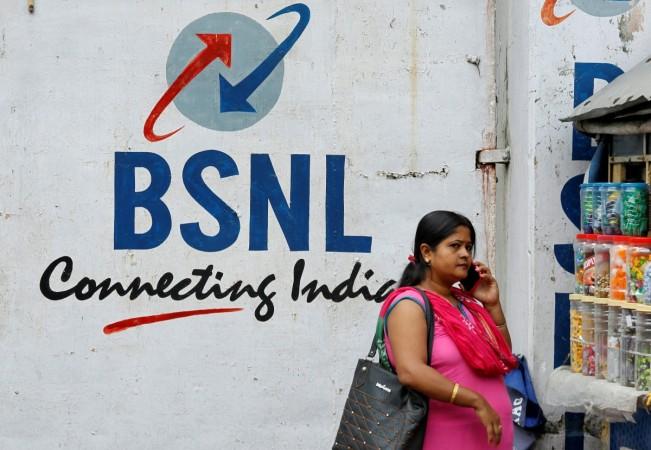While Reliance Jio's GigaFiber rollout is grabbing most of the attention, the cellular network providers are bringing back the focus to prepaid plans. BSNL is seen upping its game with attractive plans for its mobile customers and also take the competition to Reliance Jio.
On the occasion of Rakshabandhan, BSNL has introduced a new prepaid plan that shows the carrier's commitment to being disruptive after the trend was started by Reliance Jio and followed by others. BSNL's new Rakshabandhan special offer plan of Rs 399 offerings truly unlimited services.
BSNL's Rs 399 plan will be available for recharge starting Sunday, August 26. The new prepaid plan comes with a validity of 74 days and it is bundled with unlimited calls, SMS and data as well. In addition, there's personalised ring back tone (PRBT) service available for free.
BSNL's usual STVs come with certain limitations. For instance, unlimited calling benefit doesn't include free calls to Mumbai and Delhi. But the Rs 399 plan doesn't make any exceptions to the unlimited calling, which are free all across the nation.

As for the data, there also isn't any daily limit, which makes this plan well worth its value.
"Raksha Bandhan is a festival of unlimited love and affection between brothers and sisters, and in line with the spirit of the festival, BSNL is launching this STV 399 with all unlimited features which can be an ideal gift for anyone," BSNL CMD Anupam Shrivastava was quoted as saying.
BSNL's Rs 399 plan for prepaid users competes directly against Reliance Jio's popular plan of the same value. Reliance Jio offers unlimited calls and SMS but 1.5GB 4G data per day for a period of 84 days. Reliance Jio beats BSNL's offer with extended validity and faster data speed, but the state-run telco steals the limelight with no cap on data consumption.

















